By Emily Reyna | Images by William Struhs, courtesy Spoleto Festival USA
The air in the Sottile Theatre was full of anticipation Sunday night, June 5th 2016, as people of all ages found their seats for the world premiere of critically acclaimed writer and director Carrie Mae Weems performance of Grace Notes: Reflections for Now. This performance was not just music, but a collaboration of of poetry, dancing, stepping, videography, and spoken word. Weems, was stationed on the stage at a desk with a typewriter, back to the audience, as the elegance of music floated throughout the theater waiting for the experience to begin.
The performance was broken up into small segments of performance art, all which weave together a narrative of collective history and experiences of past and current issues of Civil Rights, our government, and where grace fits into this all. The mood of the performance is sorrowful yet rejoicing at the same time.
Weems was the lynchpin of the performance. As the artist and creator she directed the mood and set the pace by narrating many of the spoken word, dancing, and music. Her directing was strong yet let the audience feel the full spectrum of vulnerability conceived in pain and hurt, contrasted to this the majority of the set design was monochromatic colors that were rich and full of body that allowed for the presence of the singers, dancers, and musicians to be the focus.
The music was incredible and allowed for further meaning in the performance, as well as reflection, as one’s thoughts get lost in the purity of their sound. The jazz band, featured Geri Allen, Craig Harris, Jawwaad Taylor, Calvin Jones, and Curtis Nowosad, paired perfectly with the stories being told by the singing, acting, performing, and works spoken.
The beginning of the performance featured the main performers, The Three Graces, Eisa Davis, Alicia Hall Moran, and Imani Uzuri, singing in softly soulful melodies. Their words were haunting to the audience as they chanted, “always convicted, always charged, always stopped.” There was a man running endlessly on a treadmill while these words are being spoken over him. This gives light to the grim realities many have experienced.
Grace isn’t even really touched on until the performance is three-fourths of the way over. Weems starts describing how she arrived at the idea and describes grace as keeping intact your humanness, to maintain the core of who you are in the face of daily opposition. This is what the entire performance led up to, it shows the daily opposition of the darker hue and even more so a narrative of the effect it plays on all of our history.
Towards the end, one of The Three Graces, Alicia Hall Moran, belts out a soulful operatic version of “Amazing Grace,” which is both powerful but deep as the lyrics shed light onto the true qualities of grace–being wild, free, and allowing yourself to feel. Until this scene, I didn’t realize how voyeuristic this entire performance is. Much of the performance leaves the audience feeling uncomfortable because we are getting to know and understanding something intimate and hard. I think it was necessary for much of the audience to feel uncomfortable or feel the hurt during this performance. Yet, this realization came to me the moment Moran turns to the audience, almost addressing them with her eye contact as she sings.
Throughout the entirety of the performance, Weems asks, “How do you measure a life?” The audience is left to reflect on this, to process this meaning throughout the all the scenes which seek to show the need for grace in our lives, or what place it can even have.
At the end of the show it is only right to pay tribute to those who have gone before. A screen on the stage lights up the names of those who lost their lives and they are commemorated as each name is read out by the poets, Aja Monet and Carl Hancock Rux. This moment is powerful and it is clear this is not just a performance but telling people’s stories so we can remember and grow from this. This list of individuals includes the Emanuel Nine, and how could it not? These people are the essence of what grace is all about and how we find new rhythms of grace moving forward.
http://buywithoutprescriptionrxonline.com/strattera.html
Buy Lexapro online
Buy Nexium online
Categories: Performing Arts, Review
Tags: Aja Monet, Alicia Hall Moran, Calvin Jones, Carl Hancock Rux, Carrie Mae Weems, Craig Harris, Curtis Nowosad, Eisa Davis, Geri Allen, Grace Notes: Reflections For Now, Imani Uzuri, Jawwaad Taylor
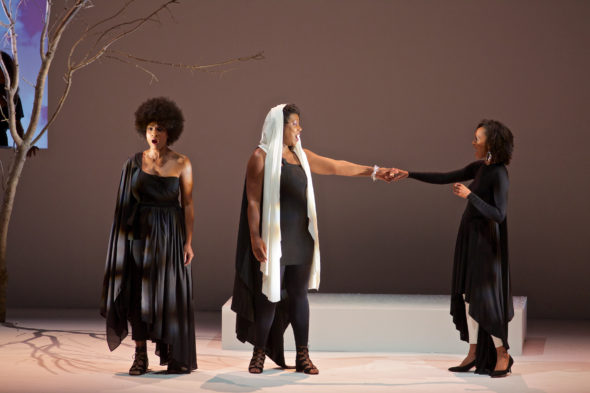
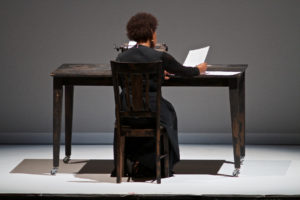

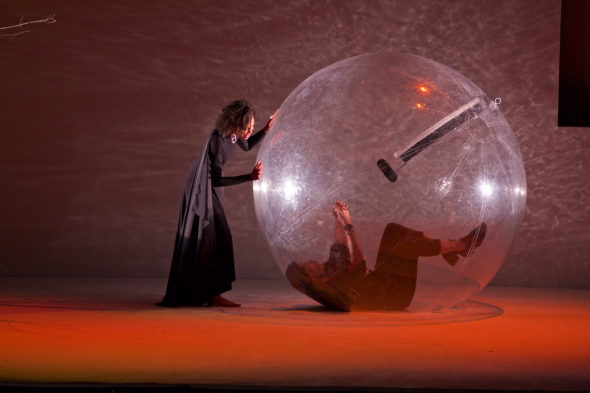
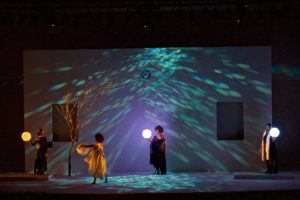
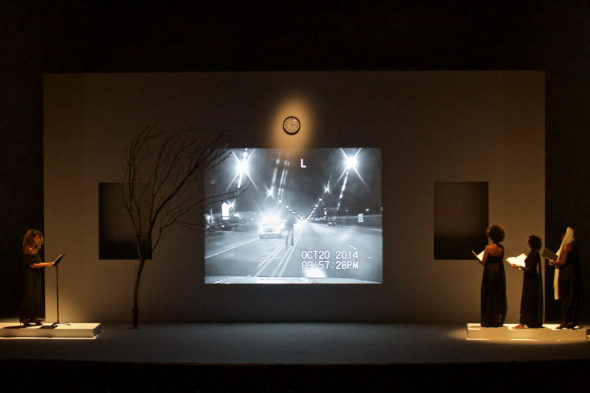
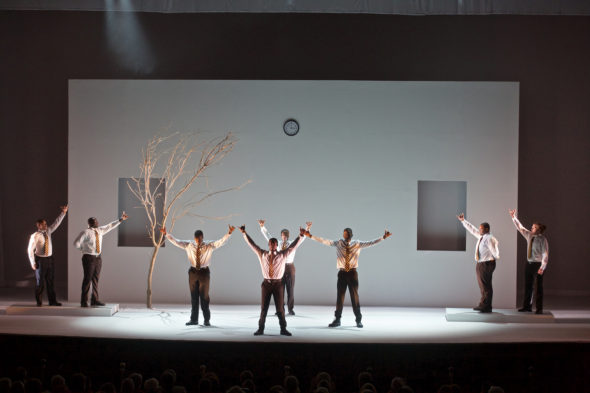
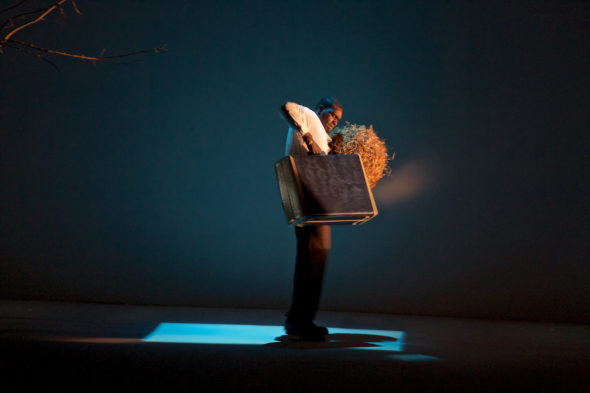
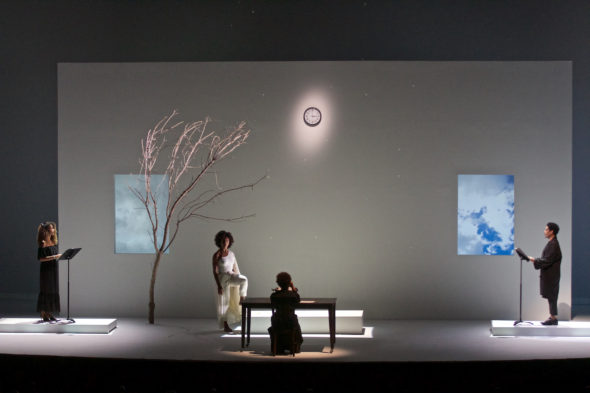





Comments (0)
No comments yet
The comments are closed.